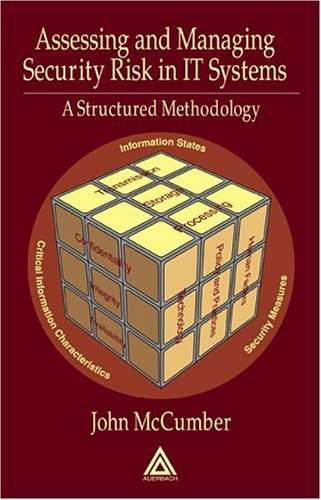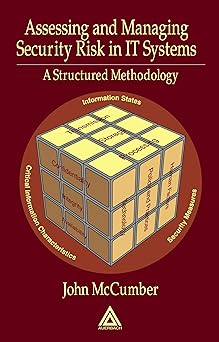
Statistical Methods for Hospital Monitoring with R (Statistics in Practice) (PDF/EPUB Version)
$18.99
Hospitals monitoring is becoming more complex and is increasing both because staff want their data analysed and because of increasing mandated surveillance. This book provides a suite of functions in R, enabling scientists and data analysts working in infection management and quality improvement departments in hospitals, to analyse their often non-independent data which is frequently in the form of trended, over-dispersed and sometimes auto-correlated time series; this is often difficult to analyse using standard office software.
This book provides much-needed guidance on data analysis using R for the growing number of scientists in hospital departments who are responsible for producing reports, and who may have limited statistical expertise.
This book explores data analysis using R and is aimed at scientists in hospital departments who are responsible for producing reports, and who are involved in improving safety. Professionals working in the healthcare quality and safety community will also find this book of interest
Statistical Methods for Hospital Monitoring with R:
- Provides functions to perform quality improvement and infection management data analysis.
- Explores the characteristics of complex systems, such as self-organisation and emergent behaviour, along with their implications for such activities as root-cause analysis and the Pareto principle that seek few key causes of adverse events.
- Provides a summary of key non-statistical aspects of hospital safety and easy to use functions.
- Provides R scripts in an accompanying web site enabling analyses to be performed by the reader http://www.wiley.com/go/hospital_monitoring
- Covers issues that will be of increasing importance in the future, such as, generalised additive models, and complex systems, networks and power laws.
eBook features:
- Highlight, take notes, and search in the book

_bescewy4pe.jpg)
_t9bonowvd1.jpg)
_ckeibpiobf.jpg)




_jqegejqbka.jpg)
_d6yhvb7jjx.jpg)











